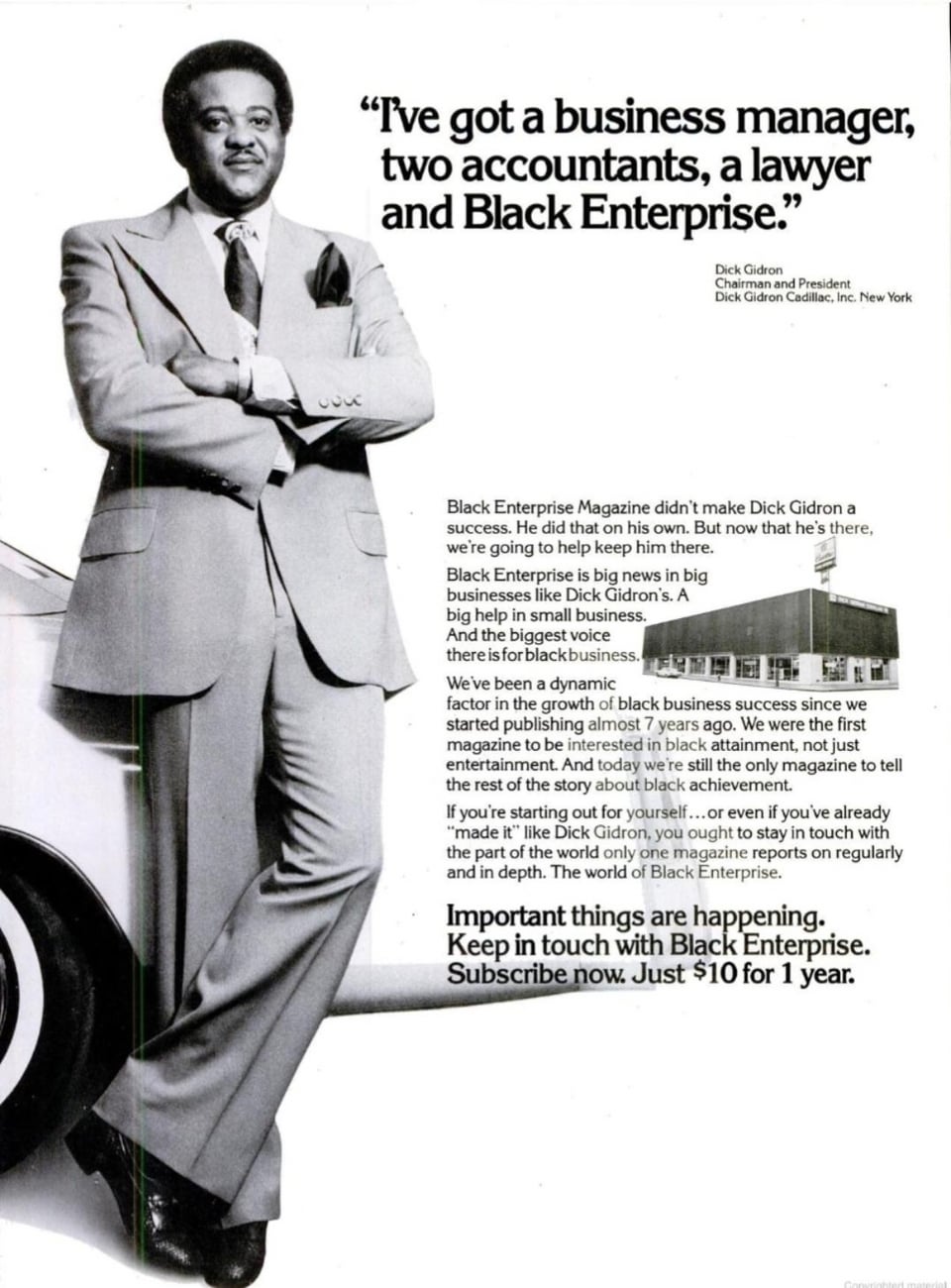
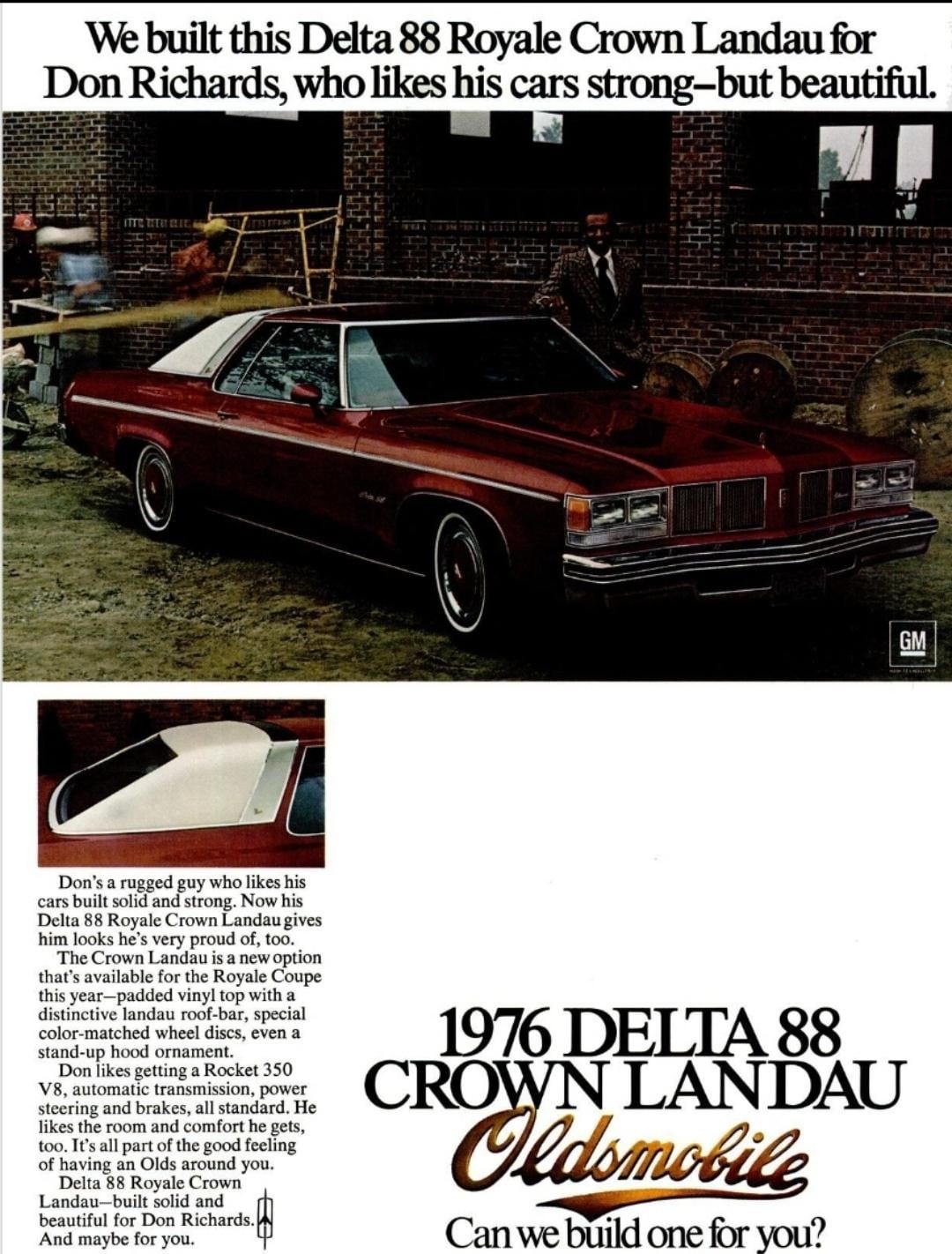
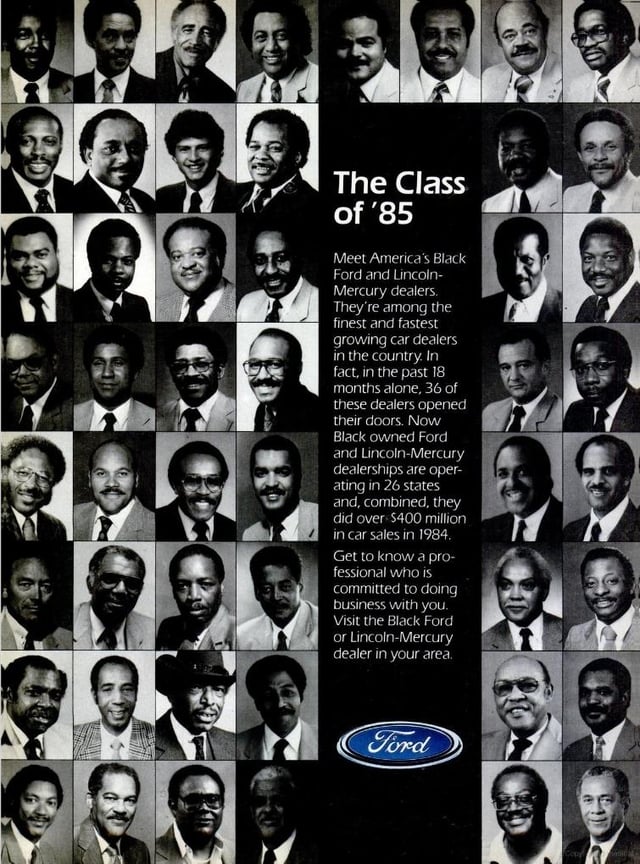
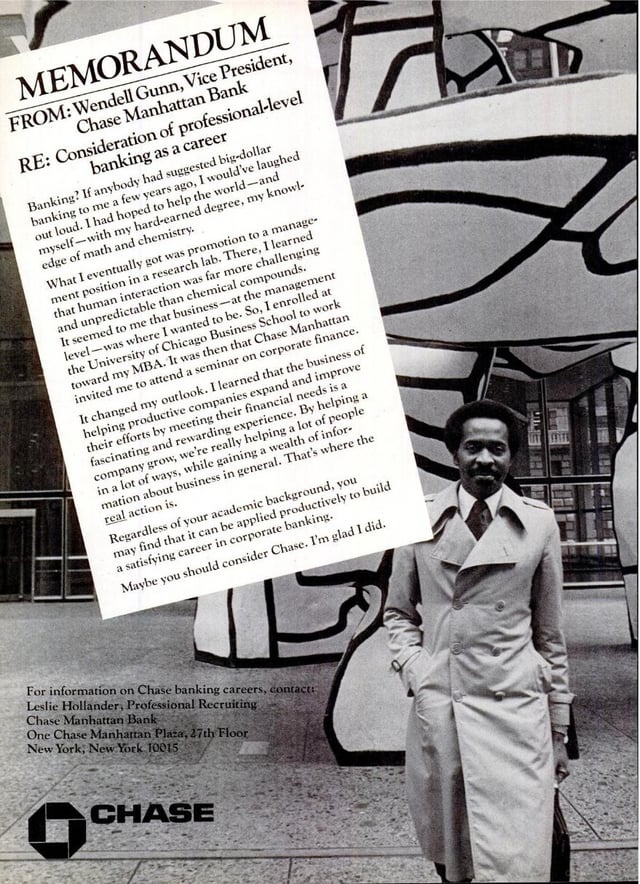
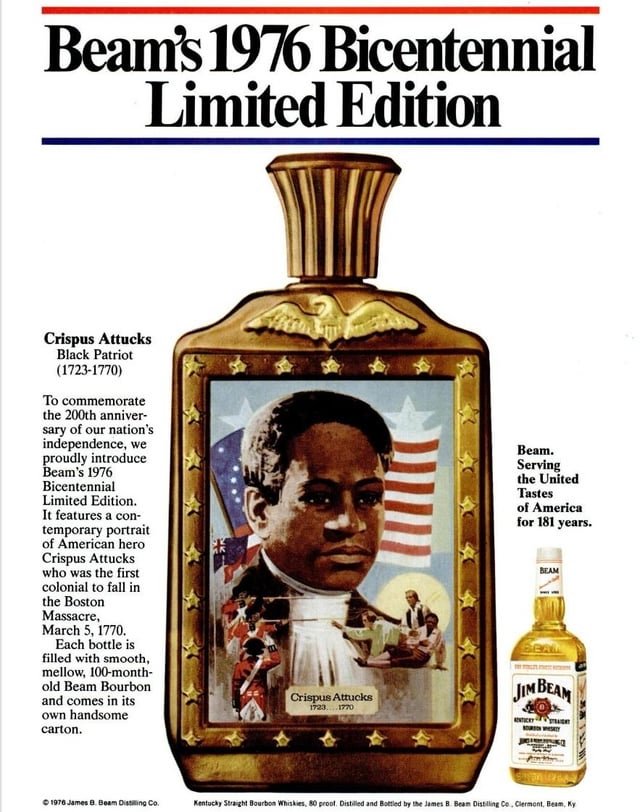
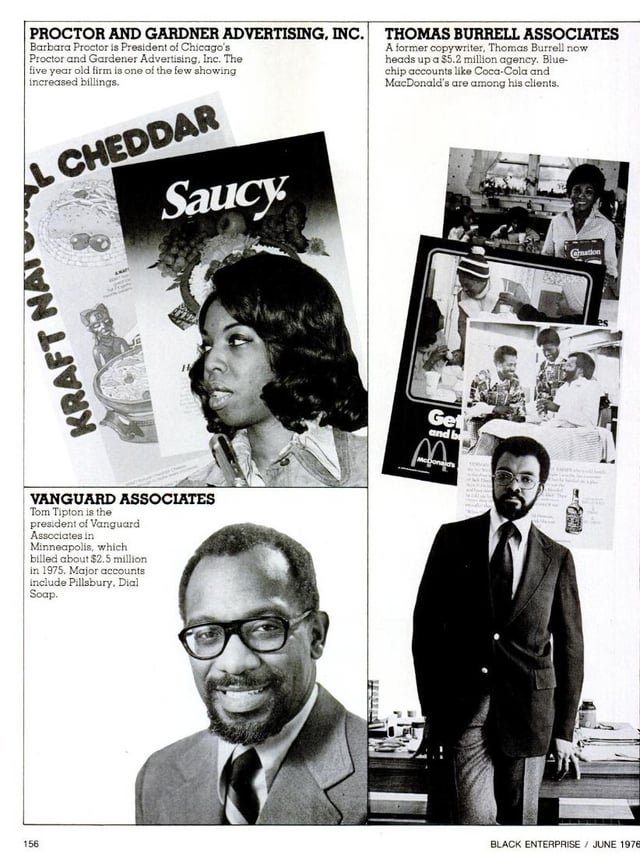
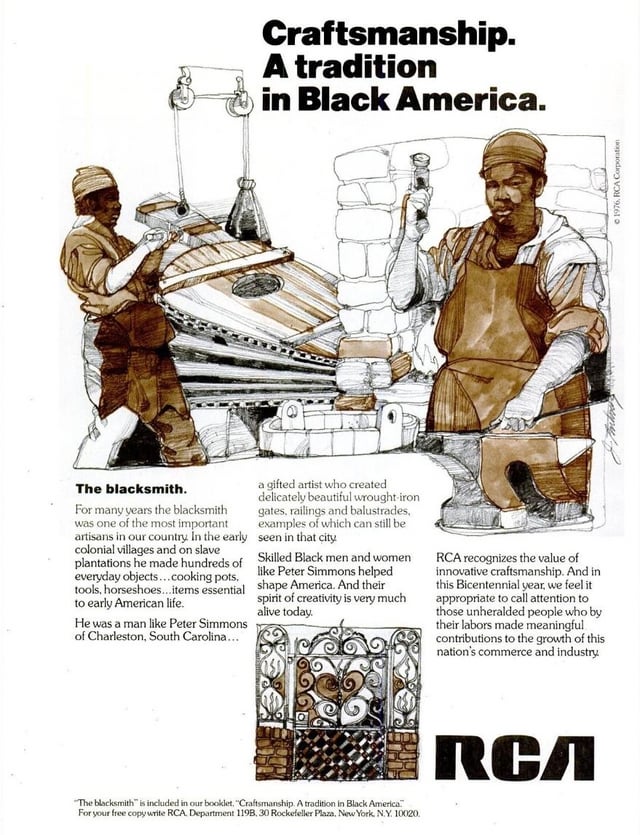
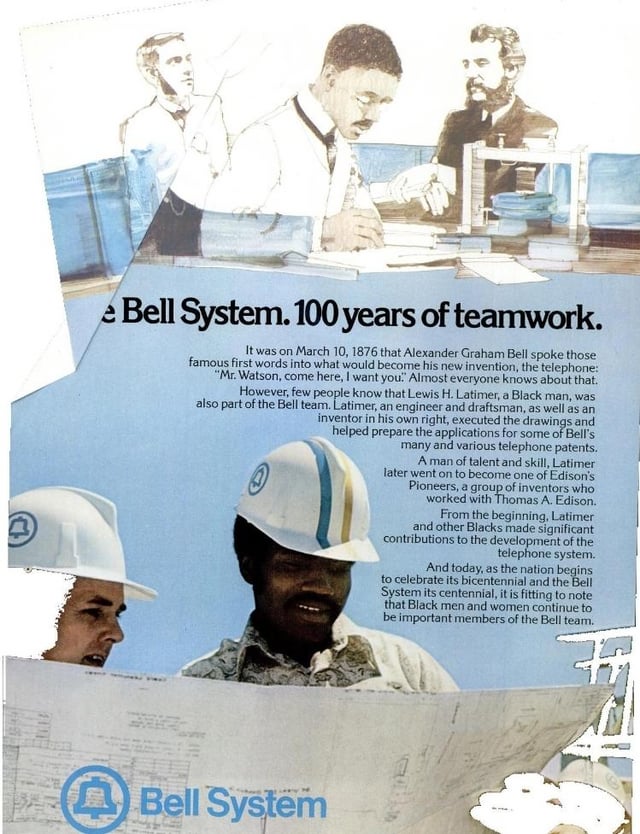
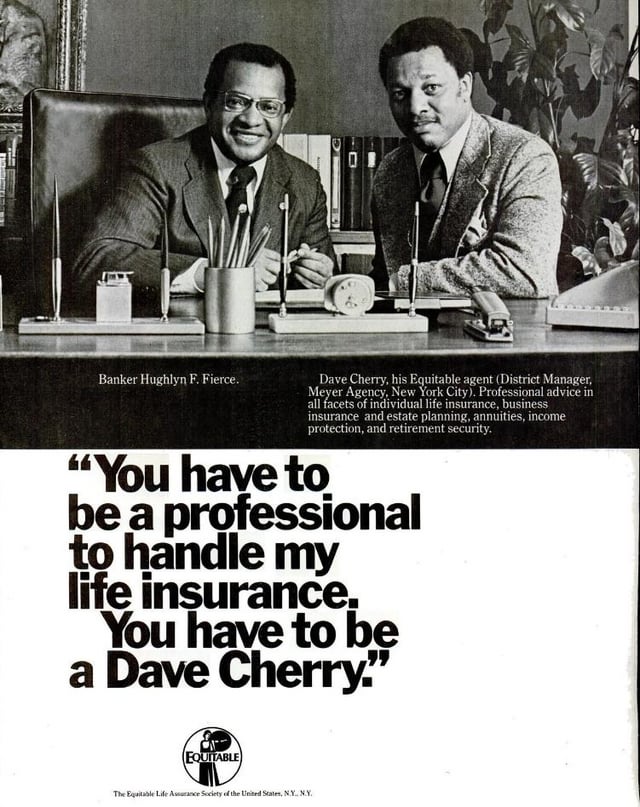
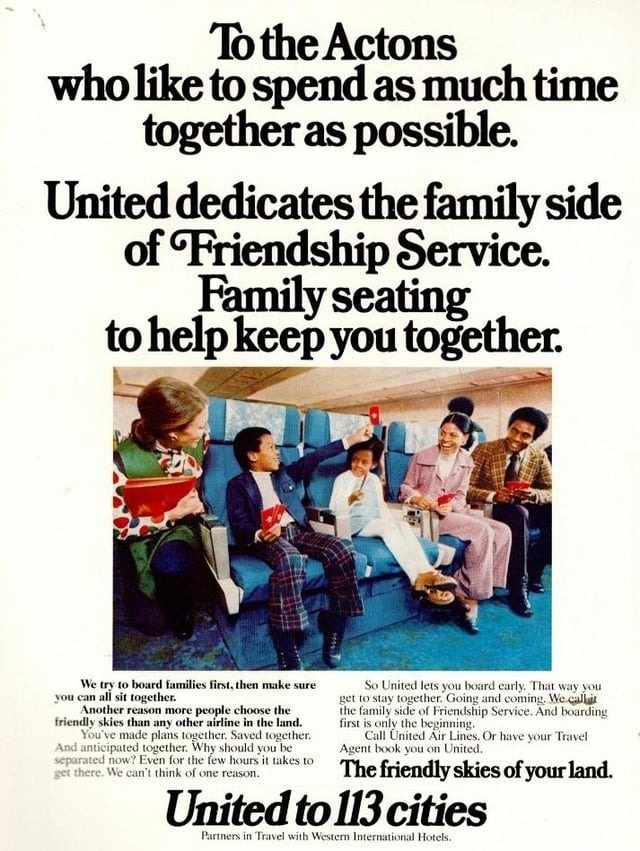
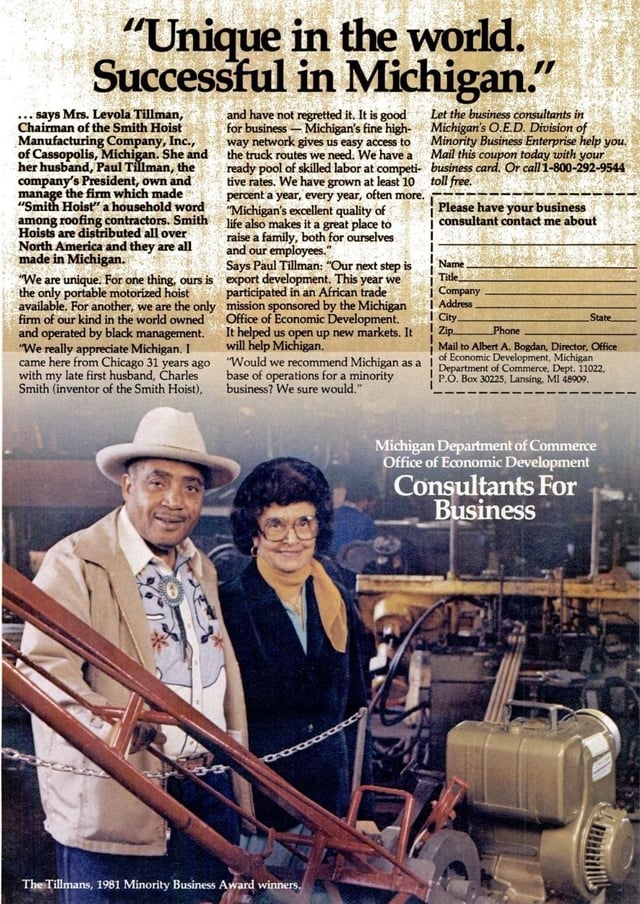
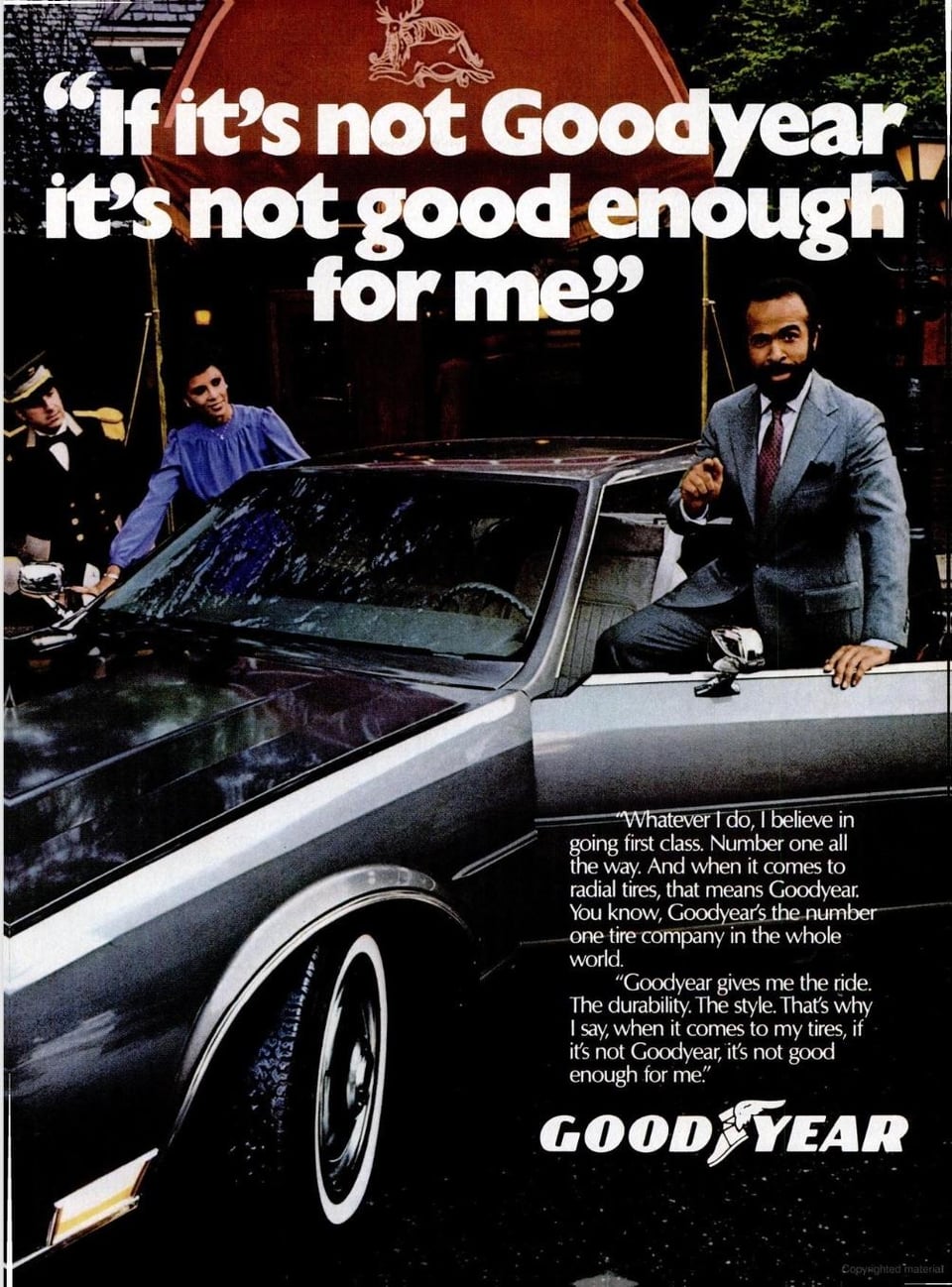
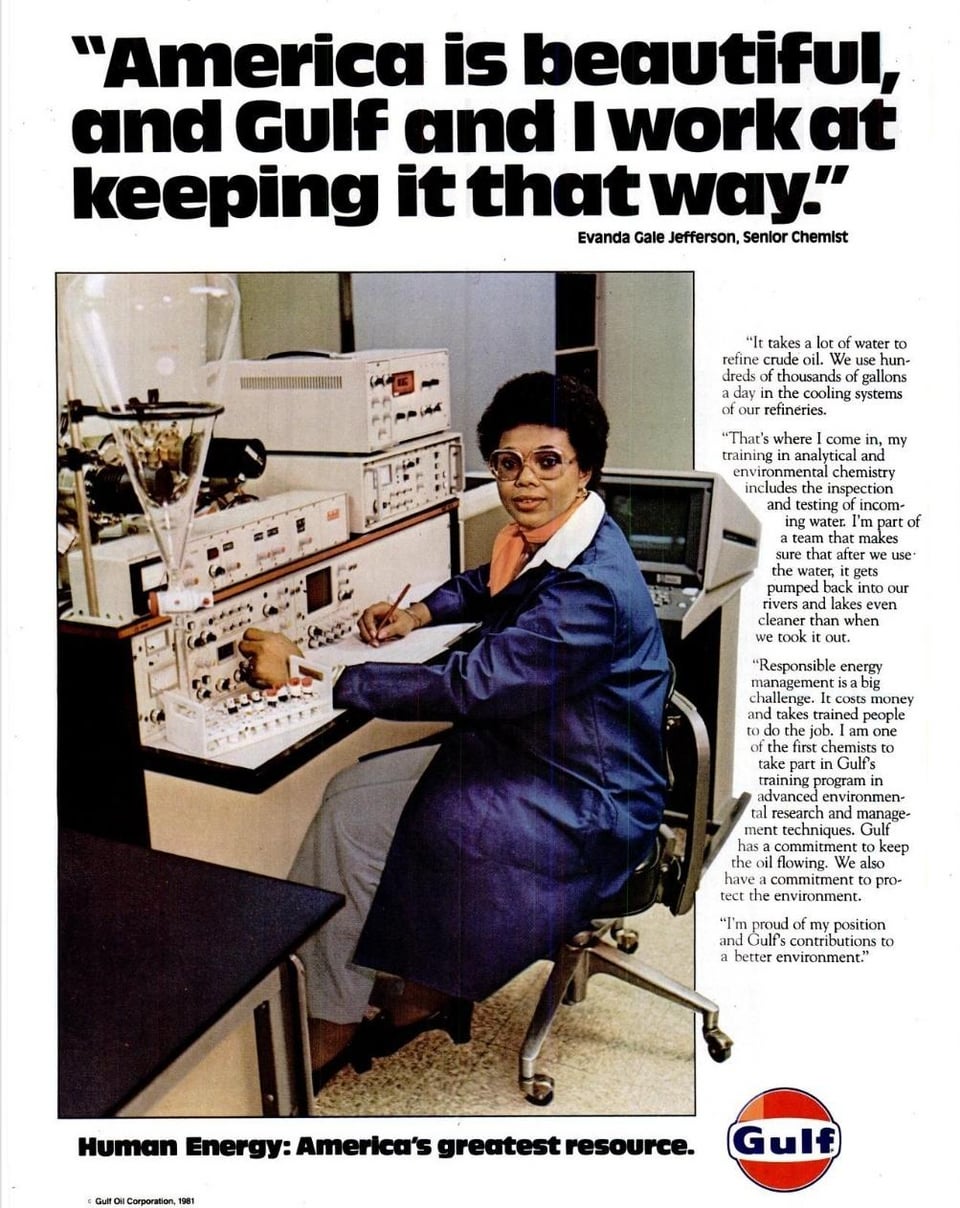
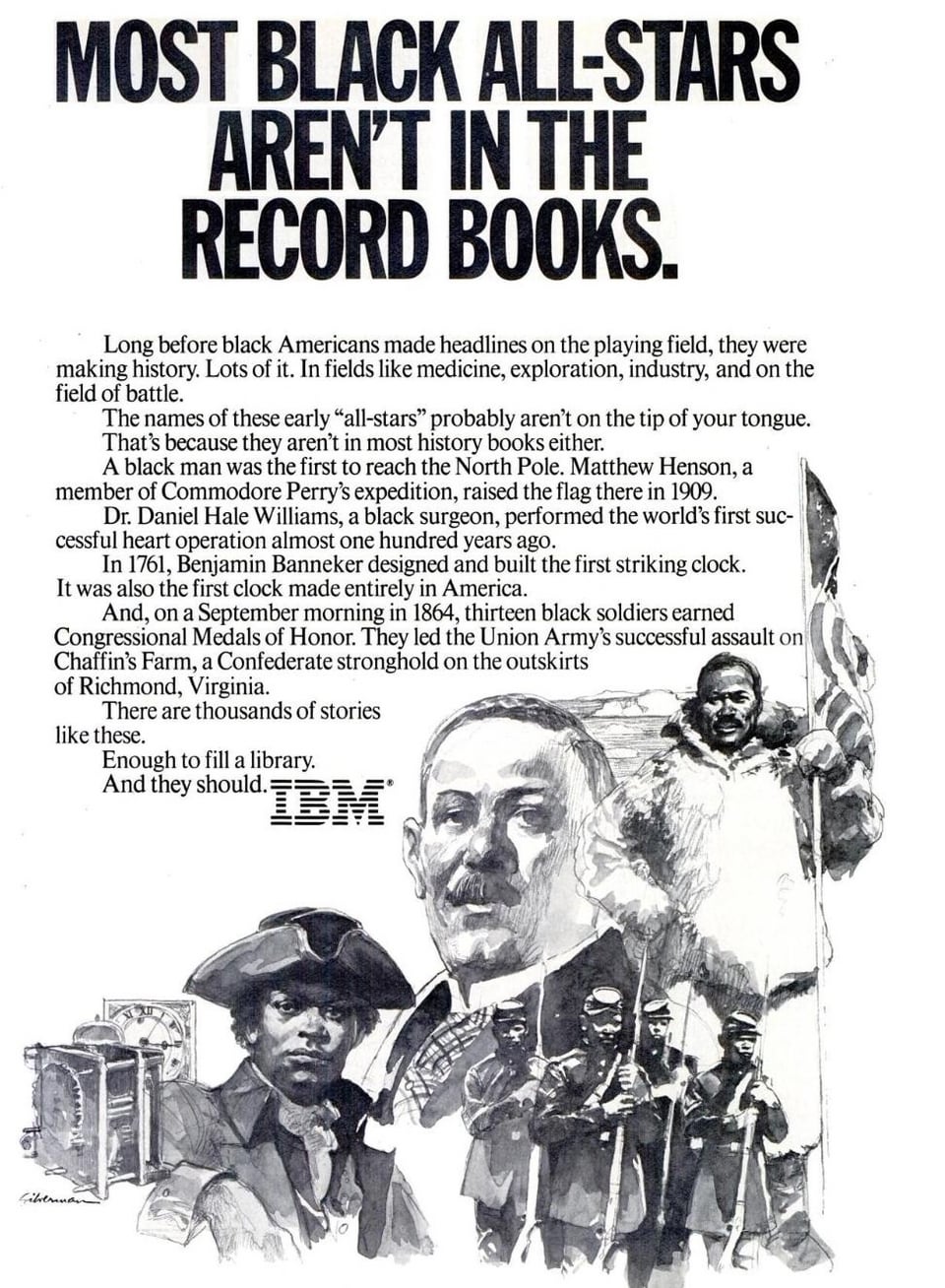
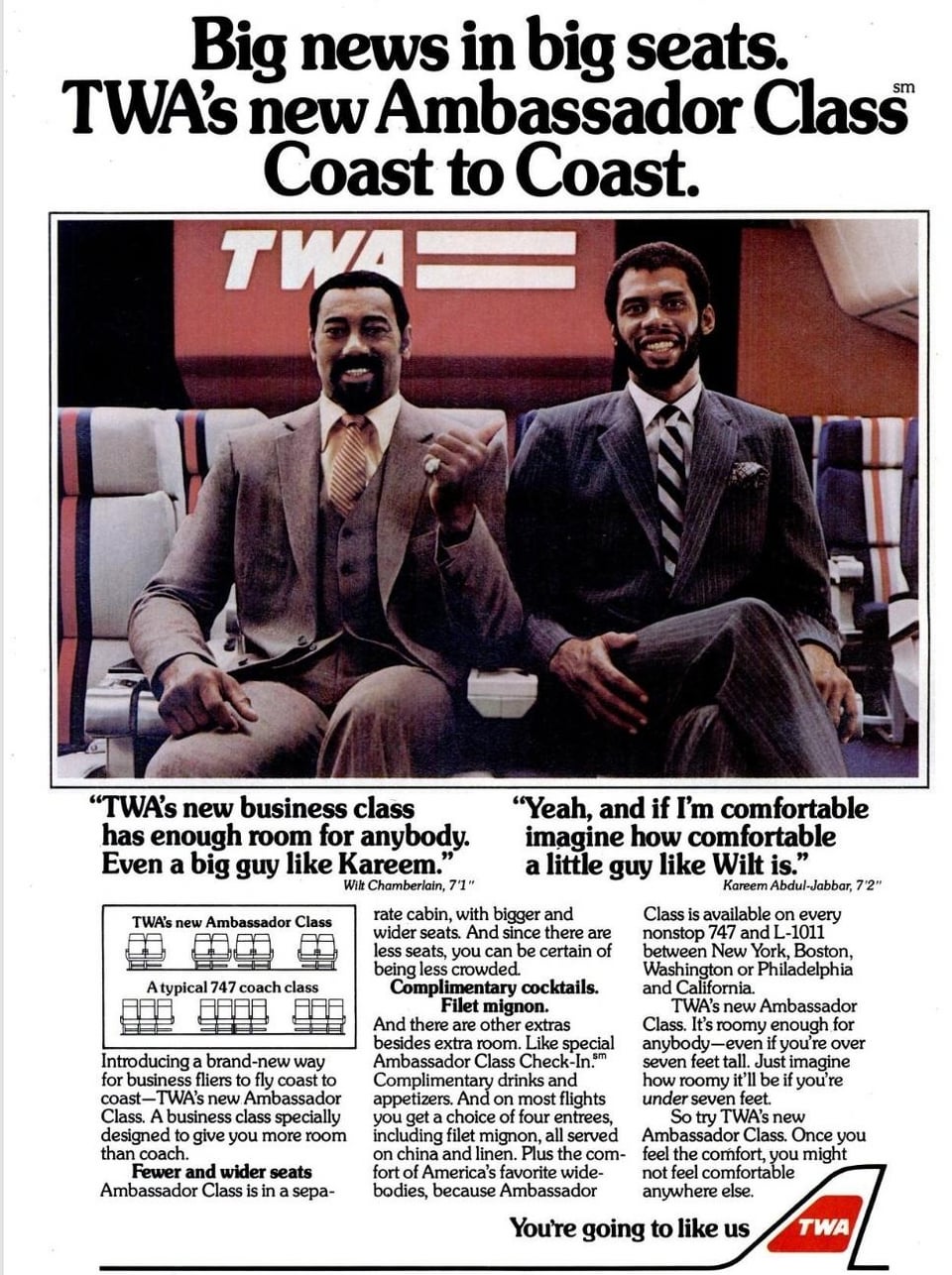
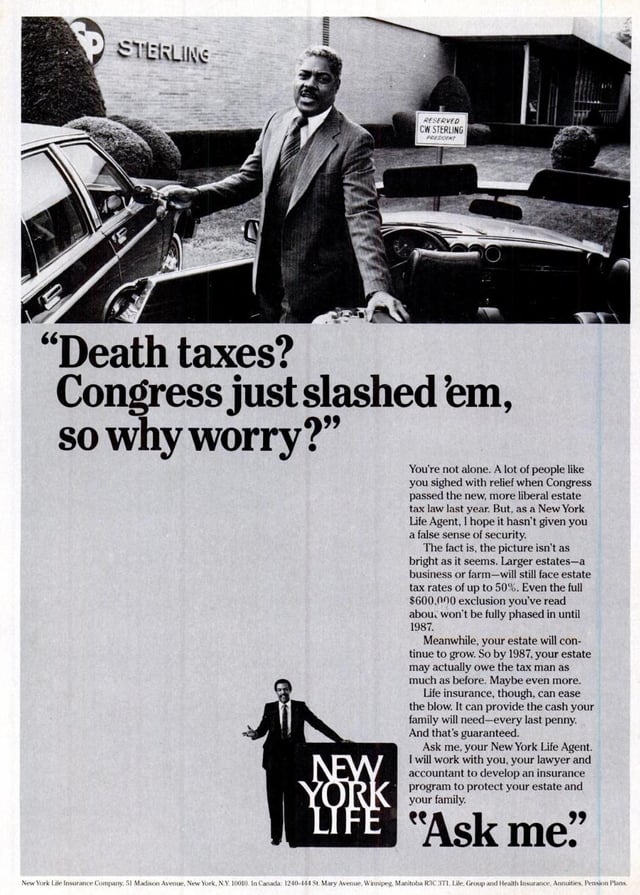
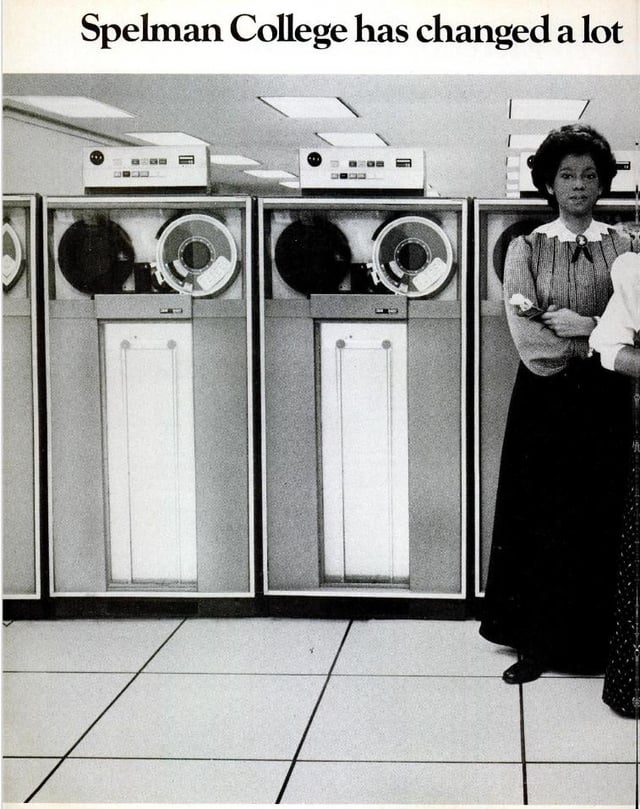
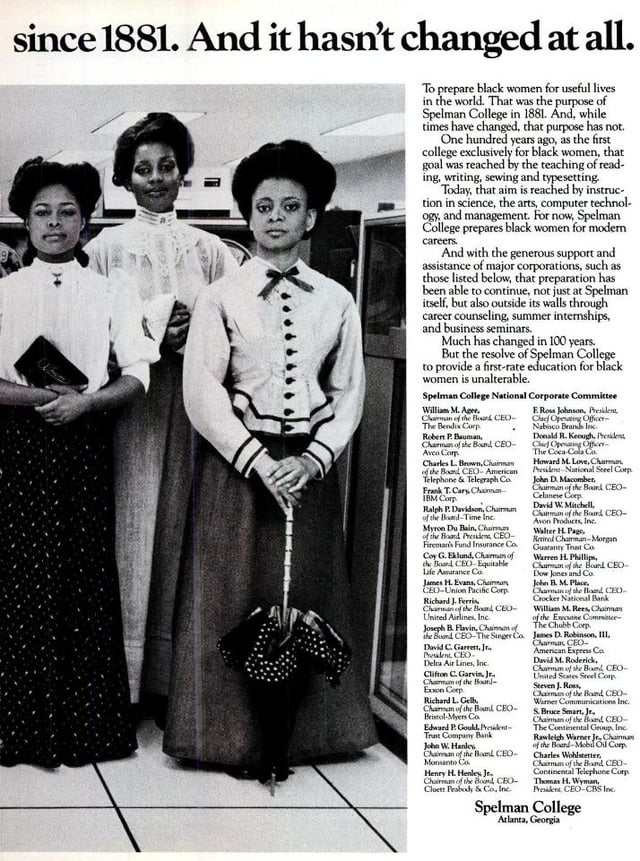
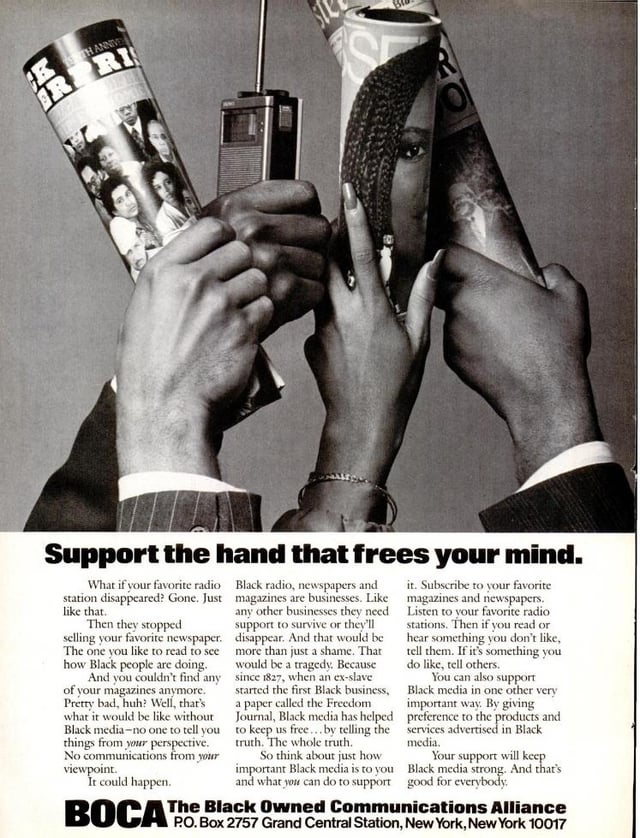
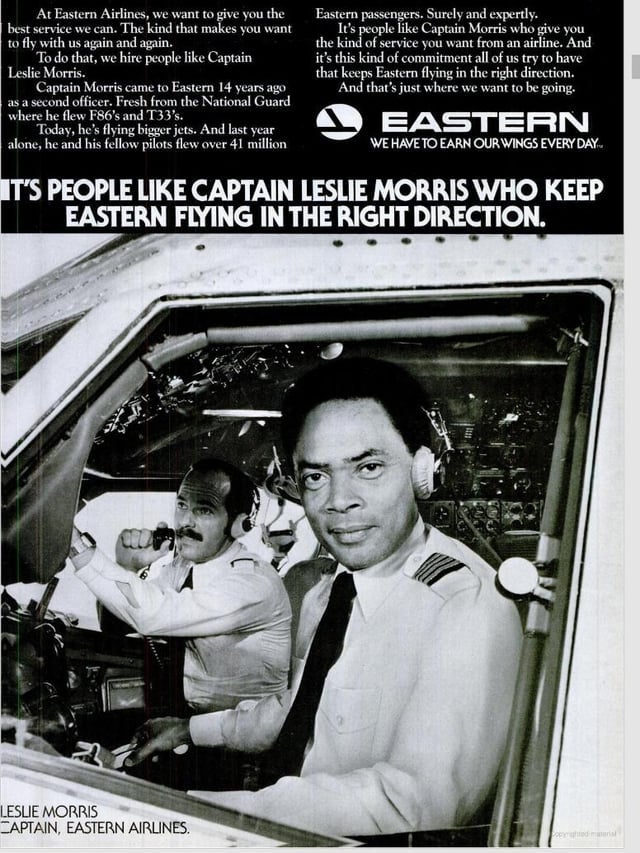
Established by renowned businessman and philanthropist, Earl Gilbert Graves (Senior) – who, among other profitable ventures, controlled distribution of Pepsi-Cola in the Washington DC era. Graves sat on numerous boards, including that of American Airlines and Daimler Chrysler. The BE empire is now run by his son, Earl G. Jr.
With a readership approximated at 3.7 million, BE rapidly became – and remains – a feature in the households of many Black business families and entrepreneurs. It has since expanded into a multimedia company, which includes the teenage supplement 'Teenpreneur'.
Black Enterprise: https://en.wikipedia.org/wiki/Black_Enterprise
Earl G. Graves (Senior): https://en.wikipedia.org/wiki/Earl_G._Graves_Sr.
Earl G. Graves (Junior): https://en.wikipedia.org/wiki/Earl_G._Graves_Jr.
Black Enterprise today: https://www.blackenterprise.com/
by TheAfternoonStandard

2 Comments
These ads are always so fascinating to be as a very clear example of how capitalist systems (in the Western world) can actively shape identity. Its why they say people can belong to the same race – in the same nation – and have TOTALLY different perceptions of that race and self identity based on class.
If you were a child from a Black American middle, upper middle and upper class family whose parents/grandparents/relatives had issues of Black Enterprise, Ebony, Jet & Essence around the home throughout your formative years – with all these affirming adverts, features, covers and more… you can see how an early perception of your people would have been formed in images of success, wealth, beauty, attainment, privilege – even if it jarred with an outside perception (that would have felt distant and untrue to you). The opposite might be true for a family with none of this exposure and capital (though naturally, both may feel pride irrespective of outside messaging).
I post these as a reminder of the fascinating and almost duplicitous nature of the corporate American advertising world – which has always DRASTICALLY changed its form and sentiments depending on the demographic. Yet also a reminder that there have ALWAYS been starkly different lived realities for many in the same historic timeline/society.
Does this ad make me more money?
> yes: print it
> no: reject it
There’s nuance to what markets were targeted, social trends, etc, but so much of this just seems like “great, we have a new market!” in a way that paralleled the countries changed rather than the advertising firms actually caring about any group of ppl.
I know my comment doesn’t 100% relate to this advert directly, but just my thoughts regarding advertising in a way that’s marketed toward any customer base.